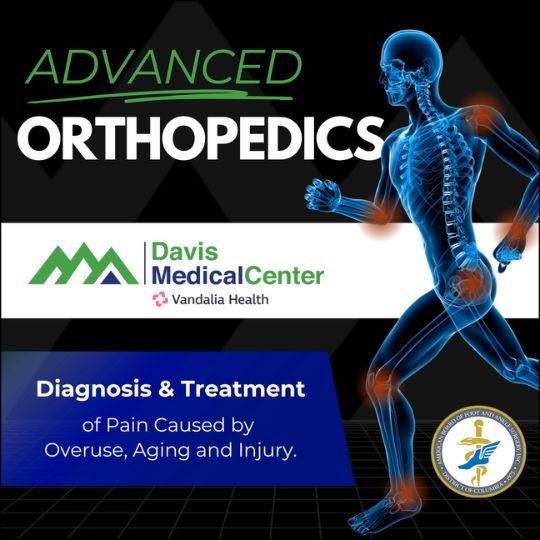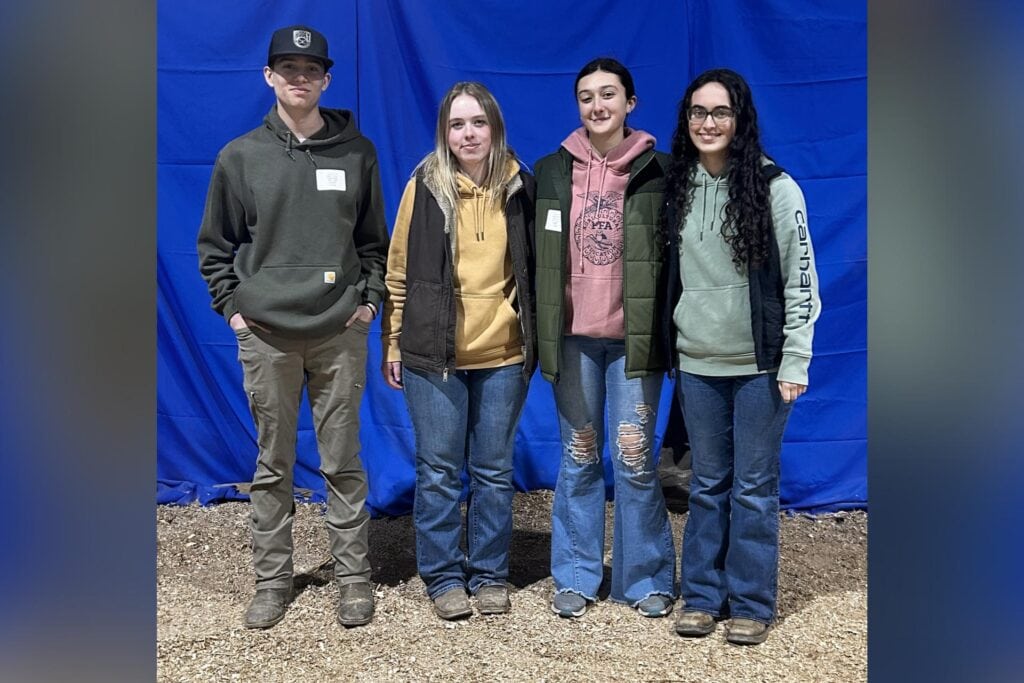BUCKHANNON – The Lewis-Upshur Animal Control shelter recently hit maximum capacity, leaving the future of several dogs uncertain. Because the center euthanizes if it exceeds its capacity, the shelter and local animal organizations put out an emergency alert to the community.
Luckily, with help from out-of-state rescues, many of the animals hitched a ride to safe havens.
That being said, local animal-advocates want to remind folks: spay and neutering your pets is extremely important; patience and consistency are key when adopting or training a dog; and West Virginia has state laws protecting animals from abuse and neglect that could result in charges against pet owners.
THE SOS ALERT
With the shelter being able to house 32 dogs at a time, LUAC shelter manager Jan Cochran said the shelter was one dog away from having to euthanize for space. By the next week, that number dramatically dropped down to 18 dogs being held at the shelter.
“We’re always in contact with rescues, so they pull from us and they help save lives,” she said. “The problem is, you’re in their busy season, too … If we’re full, the rescues can be full and then you know there’s a chance of euthanization.”
Around this time last year was the last time Cochran said a dog had to be euthanized for space.
Cochran said LUAC has also always had a problem with adopted dogs being brought back.
“I believe when we put SOS out that we’re full, people want to be a good Samaritan — I’m going to go save something — but then they don’t spend any time with the dog,” she said. “They’re not thinking with their head, they’re thinking with their heart.”
TAKE RESPONSIBILITY
“A lot of people just think an animal is a commodity, and that’s the sad part,” Cochran said. “So, who suffers from that? The animal suffers from that.”
Before adopting a shelter dog, Cochran said responsible pet owners need to do their research on the breed and reevaluate their schedule to ensure they have the time that is needed for the dog’s wellbeing.
“All you did is you took this dog out of this situation that he’s getting comfortable with. You’ve took him home and you’ve put him in a stressful situation there that he has to get use to, and then when he’s getting comfortable, you’ve brought him back to the pound where he has to be stressed all over again,” she said.
By doing this, the dog may have lost his chance of being adopted into a good home or catching a ride to a rescue.
Luv 4 Animals co-founder Robin Keough said time, patience and consistency are needed when adopting or training a dog.
“We got a dog back this week because they said it wasn’t housetrained,” she said. “It’s not hard especially to house train an adult dog if you put them on a feeding schedule, feed them twice a day, and then after about 20 minutes after they have that full belly, they’re going to need to go to the bathroom.
“So, if you get them on a food schedule and then on a walking schedule where you put them on a leash and walk them outside to the same spot every day, it’s easier to house train them.”
A crate is a great tool when working with your pet to be housetrained, Keough advised.
“But you can’t leave a puppy in there for eight to 10 hours and think it’s not going to go to the bathroom just out of shear desperation,” she said. “They don’t like to poop in their own crate, but if you leave a puppy in there for hours it’s going to probably poop.”
The main thing the public can do to help keep the shelter from reaching capacity is to have pets spayed and neutered, and then to care for the animals.
“It’s just like making a commitment to have a child, you make that commitment to have that child for 18 years in your house to support,” Cochran said. “It’s always going to be your child you do things for.
“Make that commitment to your pet. You’re going to have this pet, most likely if it’s a small breed, it’s going to live 18 years. If you don’t feel like you’re stable enough to have that pet for 18 years, then you don’t need that pet. If you rent and you constantly move around, you probably do not need a pet because you’re fortunate that your landlord let you have a pet. Your next one may not.”
Two dogs were brought back to LUAC due to landlords’ disapproval, so Cochran said to check with your landlord on what breeds are allowed before adopting.
Though adopting a puppy because you have a baby sounds ideal, so that the two real grow up together, Keough stressed this is an unrealistic idea.
“Both require a tremendous amount of time and vigilance” she said. “A lot of puppies go through that chewing stage and they can really hurt a baby or a toddler. A lot of puppies want to chase, and then they take the dog back and say ‘Well, he bit’. Well, of course a puppy is going to bite, they do. It’s called play biting.”
A lot of times, Keough said an adult or senior dog is a better fit for a family.
“You know what it’s personality is like and its just calmer and easier to housetrain,” she said. “But everyone wants a puppy.”
Another fallacy that Keough wants to dismiss is that senior dogs won’t bond with new owners.
“I have adopted a dog that’s been six months old. I’ve adopted dogs at young adults and I’ve adopted several seniors,” she said. “They will bond to you in like a couple of days. It doesn’t take any time … The dog is going to bond to you if you’re kind, and dogs love food and attention and exercise.”
SUCCESS STORIES
“We had an emancipated white boxer come in recently, and he was here for quite a while and was very skinny,” Keough said. “He had some growths near his rectum, tumors, and one on his leg. Boxers have a tendency to get cancer and we really thought cancer.”
Keough said the team wasn’t sure what to do with Ghost but decided to go ahead and act on faith. Funds were raised to get the him neutered and have biopsies done on the tumors.

“We were posting on Facebook about him … and this husband and wife came up to the shelter and they had had a boxer that had cancer that had died within the past year, and they were willing to adopt that dog.”
Keough said she has received several calls from the adopters saying the dog is doing well and is loved.
“While talking to (the wife), I found out that I had taken care of her years ago. I was a cancer nurse and she was my patient, and she said she remembered me taking care of her,” Keough said.
“That was such a circle — I had taken care of her and she had a dog, and this white boxer’s name was Ghost and she just felt it was really the right thing to do,” she said. “I had talked to her about it, and with their other dog they had done everything for it — MRIs, chemo and extensive surgeries — and that’s not really necessary for old dogs. Dogs aren’t afraid to die, and the plan for Ghost was to keep him comfortable, give him a great quality of life for as long as could be expected. She was going to be kind of the hospice nurse for that dog.”
Recently, several community members took notice of a chained-up, fawn-colored boxer who was severely emancipated.
“Her face was sunken, and I think she weighed 35 pounds,” Keough said.
After several residents called the animal control officer, the dog was seized, and the owner relinquished the boxer.
“We were able to get a rescue for her and she’s in foster care now up in Pittsburg,” Keough said. “She’s doing really well. She’s gaining weight. She gained seven pounds in one week.”
The owner of the dog has been charged, Keough said, and could face jail time because of the severity of the neglect.
“If the community sees neglect, they are obligated to call, and things can be done,” Keough stressed. “If enough people call and if we let law enforcement know that we want the laws enforced, it will be enforced.”
Another successful adoption happened last week when Lotus, an old hound/lab mix, was adopted by a man who was familiar with the breed.
KEEPING PETS SAFE THIS SUMMER
Summers in West Virginia are hot. If a dog is chained-up outside, it has to have shade.
“Dog boxes are not shade,” Keough said. “They will retain heat, unfortunately. It can get to like 130 on a sunny day inside the dog box … You have to chain it to where it can get out of the sun. Dogs will die of heat exposure.”
Outside dogs must also always have access to clean water.
“I see people jogging their dogs, which is really nice. Dogs love to get out and exercise,” Keough said. “But the asphalt can get to be very hot; you can see steam rolling off the asphalt. If you hold your hand down on the pavement and it’s uncomfortable to your hand for like five seconds, you shouldn’t have the dog out on the pavement. I’ve seen dogs with blisters and really serious burns on their paws from being run on the hot pavement.”
The City of Buckhannon has an animal care and control ordinance in place that details laws on tethering animals in extreme weather conditions, food, water and shelter and many other offenses that could lead to charges.
You can view the ordinances here: City Ordinances.
The last tip and an obvious one: Don’t leave any animal unattended in a vehicle during a hot summer day.























